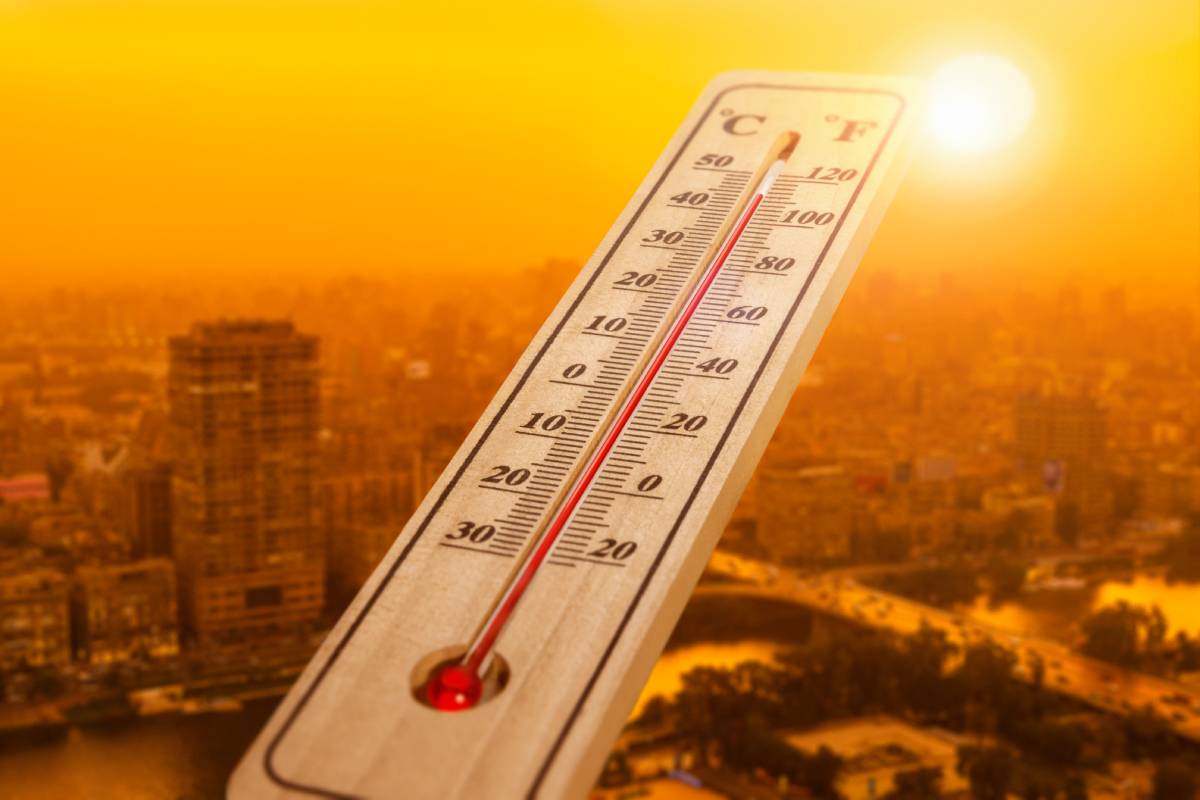Health Consequences of Climate Change

Climate change represents “the single biggest health threat facing humanity,” according to the World Health Organization.1 Every dimension of health is impacted by the numerous environmental consequences associated with climate change, which include rising temperatures, storm surges, floods, droughts, ecological disruption, and air and water pollution.
The most severe health consequences of climate change are felt in low- and middle-income countries that have contributed relatively little to the climate crisis.2 Malnutrition, malaria, diarrhea, and heat stress — all of which are more likely as a result of climate-related disasters, and all of which disproportionately burden low-income countries — are expected to cause approximately 250,000 additional deaths each year from 2030 and 2050.3
The Lancet Countdown on health and climate change, published annually since 2015, assesses the evolving relationship between climate change and health through dozens of metrics. The October 2022 update highlights numerous health consequences of climate change, including a 68 percent increase in heat-related deaths from 2000–04 to 2017–21.4 The authors note that the increase in heat-related deaths has been significantly affected by the ongoing and multifaceted effects of the COVID-19 pandemic. While a direct link between climate change and the SARS-CoV-2 virus has not been demonstrated, animal-borne diseases (zoonoses) and infectious diseases may be more frequent as a result of climate change. The number of months suitable for malaria transmission have increased by 31 and 13 percent in the highland areas of the Americas and Africa, respectively, between 1951–60 and 2012–21, and dengue transmission is 12 percent more likely now than it was in the 1950s.4,5
Heat itself, of course, puts human health at risk. Heat stroke can lead to acute respiratory distress syndrome, kidney failure, metabolic dysfunction, cardiovascular distress, and nerve damage, among other life-threatening conditions. Mental health emergencies have also been found to be associated with higher warm-season temperatures, based on a study of nearly 3.5 million ED visits.6
The effects of rising temperatures, and the environmental and socioeconomic problems associated with them, are particularly devastating to countries that lack robust health care systems to respond to public health emergencies. In South Africa, for example, severe droughts between 2015 and 2019 strained health care facilities and workers, limiting capacities to provide HIV prevention and treatment and posing a setback to ongoing campaigns against the disease.4,7 Nearly 60 percent of health care institutions in low- and middle-income countries lack a reliable energy supply for the provision of basic care, putting these systems under marked stress during environmental catastrophes that cause energy crises.4
Climate events do not only impact those directly experiencing them. The heatwave that hit India and Pakistan in March to April of 2022 not only caused deaths and hospitalizations, but also resulted in reduced yields of wheat crops that worsened a global shortage of wheat experienced in the context of Russia’s invasion of Ukraine. The complete costs of lost income and food insecurity have not yet been quantified in and outside of the subcontinent.4 Climate change actively influences food security through its effect on crop production, prices, and supply chain infrastructure.8 By some models, there may be 175 million more undernourished individuals globally by 2080 as a result of extreme events and chronically strained food systems.9
Individuals living in high-income countries, while in some ways protected from the worst effects of climate change, are nonetheless still at risk. Australia’s 2019–20 Black Summer featured bushfires that directly caused approximately 450 deaths and thousands of respiratory and cardiovascular emergency-room admissions. The June-July 2021 heat dome in North America, which was deemed “virtually impossible” to occur without the influence of climate change, caused roughly 700 excess deaths in British Columbia, Canada, and Washington state.4 Until high development index countries recognize the devastating impact of their failure to invest significantly in a future founded on clean-energy, human health around the globe will continue to suffer from the consequences of climate change.
References
- World Health Organization. Climate change and health. World Health Organization. https://www.who.int/news-room/fact-sheets/detail/climate-change-and-health. Published October 30, 2021.
- Sarr MD. At COP 27, support poorest for climate loss and damage. Nature. 2022;611(7934):9. doi:10.1038/d41586-022-03474-1
- World Health Organization. COP24 Special Report: Health and Climate Change; 2018. http://www.who.int/news-room/detail/05-12-2018-health-benefits-far-outweigh-the-costs-of-meeting-climate-change-goals.
- Romanello M, Di Napoli C, Drummond P, et al. The 2022 report of the Lancet Countdown on health and climate change: health at the mercy of fossil fuels. Lancet. 2022;400(10363):1619-1654. doi:10.1016/S0140-6736(22)01540-9
- Gupta S, Rouse BT, Sarangi PP. Did climate change influence the emergence, transmission, and expression of the COVID-19 pandemic? Front Med (Lausanne). 2021;8:769208. doi:10.3389/fmed.2021.769208
- Nori-Sarma A, Sun S, Sun Y, et al. Association between ambient heat and risk of emergency department visits for mental health among US adults, 2010 to 2019. JAMA Psychiatry. 2022;79(4):341-349. doi:10.1001/jamapsychiatry.2021.4369
- Orievulu KS, Iwuji CC. Institutional responses to drought in a high HIV prevalence setting in rural South Africa. Int J Environ Res Public Health. 2021;19(1):434. doi:10.3390/ijerph1901043419.
- Raj S, Roodbar S, Brinkley C, Wolfe DW. Food security and climate change: Differences in impacts and adaptation strategies for rural communities in the global South and north. Front Sustain Food Syst. 2022;5. doi:10.3389/fsufs.2021.691191
- Fischer G, Shah M, Tubiello FN, van Velhuizen H. Socio-economic and climate change impacts on agriculture: an integrated assessment, 1990-2080. Philos Trans R Soc Lond B Biol Sci. 2005;360(1463):2067-2083. doi:10.1098/rstb.2005.1744
